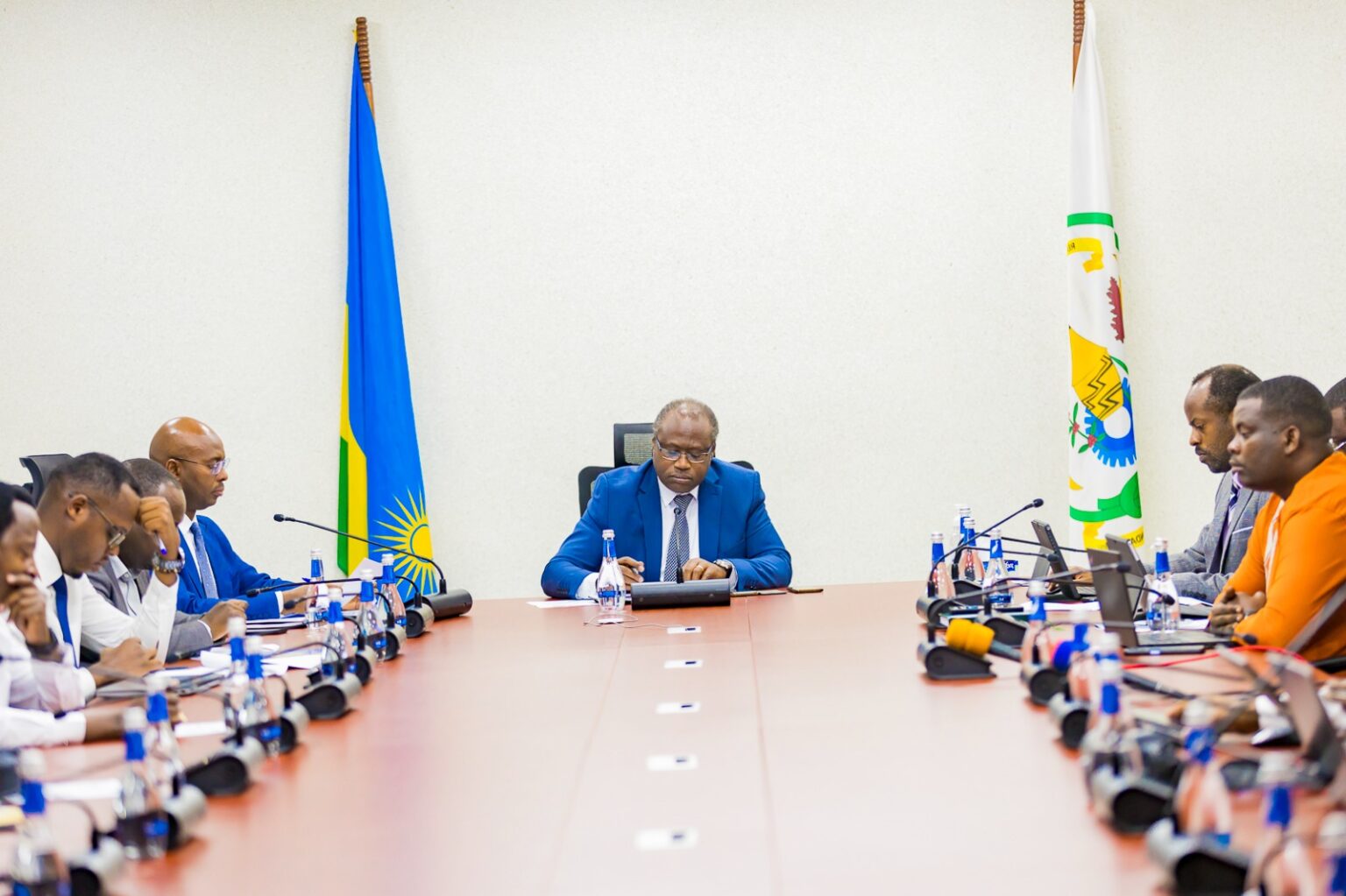- Rwanda’s economy grew by 9.2 per cent in the first quarter of 2023, following 8.2 per cent growth in 2022
- Inflation has eased, although it remained above the target range set by the National Bank of Rwanda in the first half of 2023
- FDI inflows, supported by a favourable regulatory environment, have played a crucial role in creating higher-quality jobs and improving access to social security compared to domestic investments
Rwanda’s economy displayed strong growth, with a 9.2 per cent expansion in the first quarter of 2023, following an 8.2 per cent growth in 2022. However, recent floods resulted in loss of life and infrastructure destruction, leading to a projected moderation of momentum to 5.8 per cent in 2023, slightly lower than the pre-disaster forecast of 6.2 per cent.
The World Bank’s 21st Rwanda Economic Update (REU) highlights positive developments in the country’s economic landscape. Private consumption and the services sector, accompanied by improvements in the labour market supported the growth momentum.
Inflation has eased, although it remained above the target range, the National Bank of Rwanda set in the first half of 2023. The REU report states that Rwanda’s current account deficit improved in 2022, primarily driven by higher export revenues and remittances, which outweighed rising import prices. The fiscal deficit narrowed in the first half of FY2022/23 due to reduced public spending.
Reduced Rwanda’s debt and increased FDI inflow
Peace Aimee Niyibizi, World Bank Country Economist for Rwanda and author of the REU, noted that the narrowing fiscal deficit, coupled with strong economic growth, has contributed to a reduction in Rwanda’s debt as a percentage of GDP for the first time since 2013. The IMF encourages the government to continue the path of fiscal consolidation by rationalizing expenditure and increasing domestic revenues amid declining foreign aid.
The REU report suggests timely implementation of revised excise and corporate income tax laws, and efforts to develop a medium-term spending strategy would support fiscal consolidation.
As the special topic, the 21st Rwanda Economic Update examines the inclusiveness of Foreign Direct Investment (FDI). While FDI inflows slowed during the COVID-19 pandemic, the report highlights that at their peak in 2014, they surpassed the Sub-Saharan and East African average.
FDI inflows, supported by a favourable regulatory environment, have played a crucial role in creating higher-quality jobs and improving access to social security compared to domestic investments.
Rolande Pryce, World Bank Country Manager for Rwanda, emphasized the need for policies focusing on institutional reforms and infrastructure investments to stimulate FDI, particularly for job creation among women and youth and expanding investments into less developed districts.
The report also recommends improvements to corporate social responsibility initiatives and links between FDI projects and domestic suppliers. It further mentions the importance of strengthening dialogue between the government of Rwanda, investors, and other economies.
Development challenges remain
Rwanda faces significant challenges in its development path. The country’s public-sector-led development model has revealed limitations, particularly with a substantial increase in public debt in recent years. Heavy reliance on large public investments, amounting to 13 per cent of GDP in 2019, has resulted in significant fiscal deficits financed through external borrowing.
Consequently, the debt-to-GDP ratio rose from 19.4 per cent in 2010 to 56.7 per cent in 2019 and was estimated to reach 71 per cent of GDP in 2020 due to increased borrowing needs during the pandemic.
External financing, including grants and concessional and non-concessional borrowing, has remained crucial in funding public investments. The private sector is expected to play a more substantial role in driving economic growth.
However, low domestic savings, skill shortages, and high energy costs pose major constraints to private investment. Strengthening dynamism in the private sector will be essential to maintain high investment rates and accelerate growth. Many consider promoting domestic savings and achieving inclusive growth as critical objectives.
Inclusive growth remains a key challenge for Rwanda, as the momentum in poverty reduction has weakened in recent years. The poverty rate, measured by the international poverty line of US$2.15 (2017 PPP), declined from 75.2 per cent to 53.5 per cent between 2000 and 2013 but has since reached a stagnant level.
In 2016, it stood at 52 per cent. This slowdown in poverty reduction can be attributed to limited household consumption in rural areas, partly due to a slow transition from rural to urban living.
Addressing the challenges
Addressing these challenges will require sustained efforts to improve infrastructure quality, including water and electricity, and essential basic services such as education, health, and social safety nets.
Additionally, providing effective support for entrepreneurship and job creation in the private sector is crucial. Rwanda’s Human Capital Index (HCI), as assessed by the World Bank, is at 0.38, slightly higher than the average for low-income countries but lower than the average for Sub-Saharan Africa.
